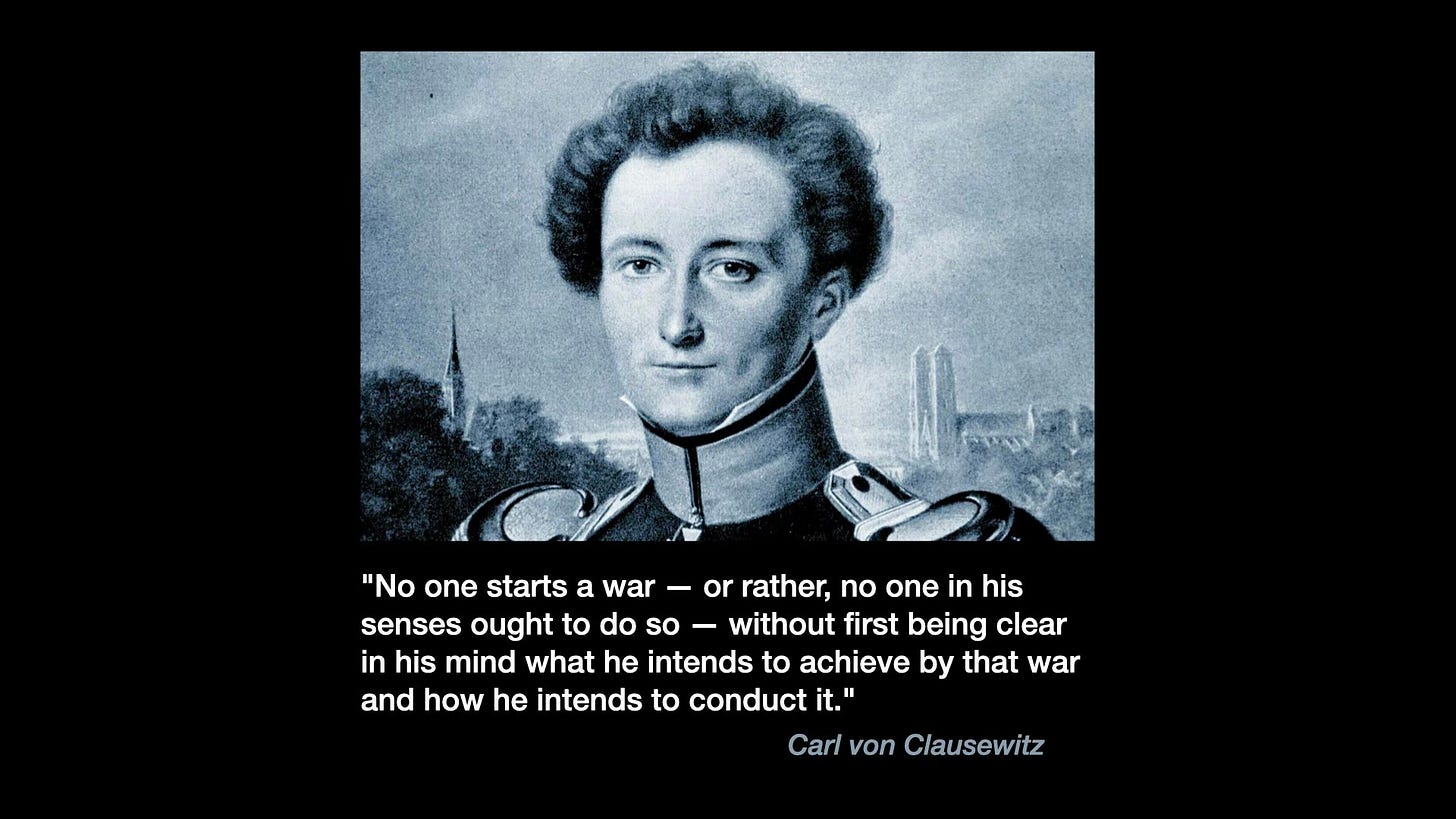Starmer's Ukraine Military Plans Show Dangerous Posturing Without Critical Details
Military experts warn lack of clear rules of engagement and legal protections could leave British troops exposed to future prosecution, as US dismisses peacekeeping plans as "Churchill cosplay"
Recent proposals for a "coalition of the willing" in Ukraine highlight a disturbing pattern of political theatre over military practicality. While headlines focus on ambitious troop deployments, fundamental questions about rules of engagement, legal protections, and operational viability remain unanswered.
Even Donald Trump's special envoy, Steve Witkoff, dismissed the plans as "a posture and a pose", based on a "simplistic" notion of the Prime Minister and other European leaders thinking "we have all got to be like Winston Churchill". Such a scathing assessment from a key US figure further undermines the credibility of the proposed deployment.
Senior military sources have also pointed out glaring gaps in these plans. With approximately 700,000 Russian forces in and around Ukraine, how would a proposed 10,000-strong international force, positioned 400 kilometres from the front line, effectively operate? More critically, what legal framework would protect these troops?
The lack of defined rules of engagement is particularly troubling. Without clear protocols, military personnel could face impossible decisions: When can they engage? What constitutes a threat? Who holds ultimate command authority? These aren't mere technical details – they're fundamental to both operational success and the legal protection of our servicemen and women.
Furthermore, the absence of American or Russian support for this coalition raises serious questions about its legitimacy and diplomatic backing. As one military source bluntly stated, "It's all political theatre". The fundamental issues remain unaddressed:
No defined military end-state
Unclear command structure
Absence of supply and logistics planning
Undefined mission duration and objectives
Uncertain legal status and protections for deployed forces
The first rule of military leadership is having clear, achievable objectives. Current proposals for UK involvement in Ukraine fail this basic test. Before committing troops to potential conflict zones, leaders must establish not just political willpower, but comprehensive operational frameworks that protect those serving under their command.
Political posturing without proper military planning doesn't just risk failure – it puts service members' lives at unnecessary risk – not to mention their future long after serving. Any deployment must have clear objectives, robust legal protections, and definitive rules of engagement. Anything less is irresponsible leadership.
Without this clarity, conflicts risk becoming endless, losing public and military support, and causing unnecessary destruction. Several key aspects must be addressed:
Legitimacy: The war must have a justifiable cause, whether in self-defence, treaty obligations, or clear national interest.
Strategy & Planning: There must be a viable military and political strategy, with defined goals and exit plans.
Public & Military Support: No leader can sustain a war effort without the backing of the people and those who will fight it.
Honesty & Accountability: Misleading the public or underestimating the costs and consequences leads to loss of trust and potential failure.
History is full of examples where ignoring these principles led to disaster. Notable modern cases include Vietnam, Afghanistan, and Iraq. A leader who takes a country to war without a clear objective risks not only military failure but also long-term political and social consequences. Future lawfare also looms for soldiers who serve.
As Carl von Clausewitz, the Prussian military theorist, put it: "No one starts a war — or rather, no one in his senses ought to do so — without first being clear in his mind what he intends to achieve by that war and how he intends to conduct it."
You could also add how troops will be treated for decades to come, because this government has been all too quick to exploit European laws to hound veterans of the past.



The UK doesn’t have anything close to the resources and economy needed to take on Russia. In fact, the UK and most of the EU barely have enough resources to do so. In addition, a war against Russia is completely pointless and many in the EU know that. However, the moronic and corrupt UK and EU “leaders” need an enemy to distract their populations from dying economies and from their own rot.
Likes of uk and France wants war to go on , most likely create a red flag scenario and drag USA into the war